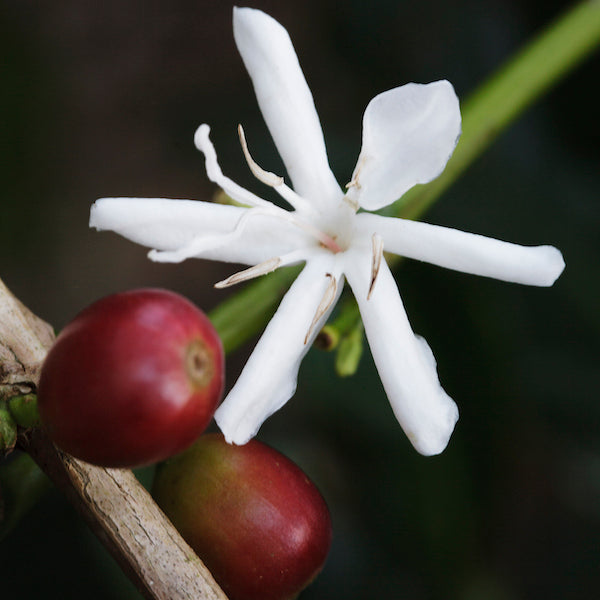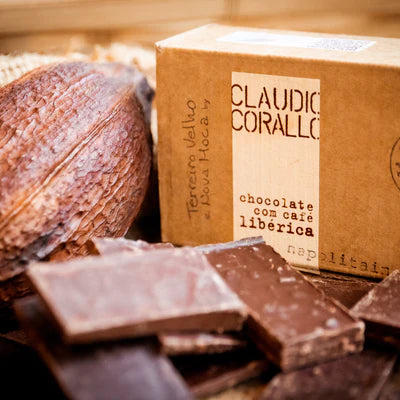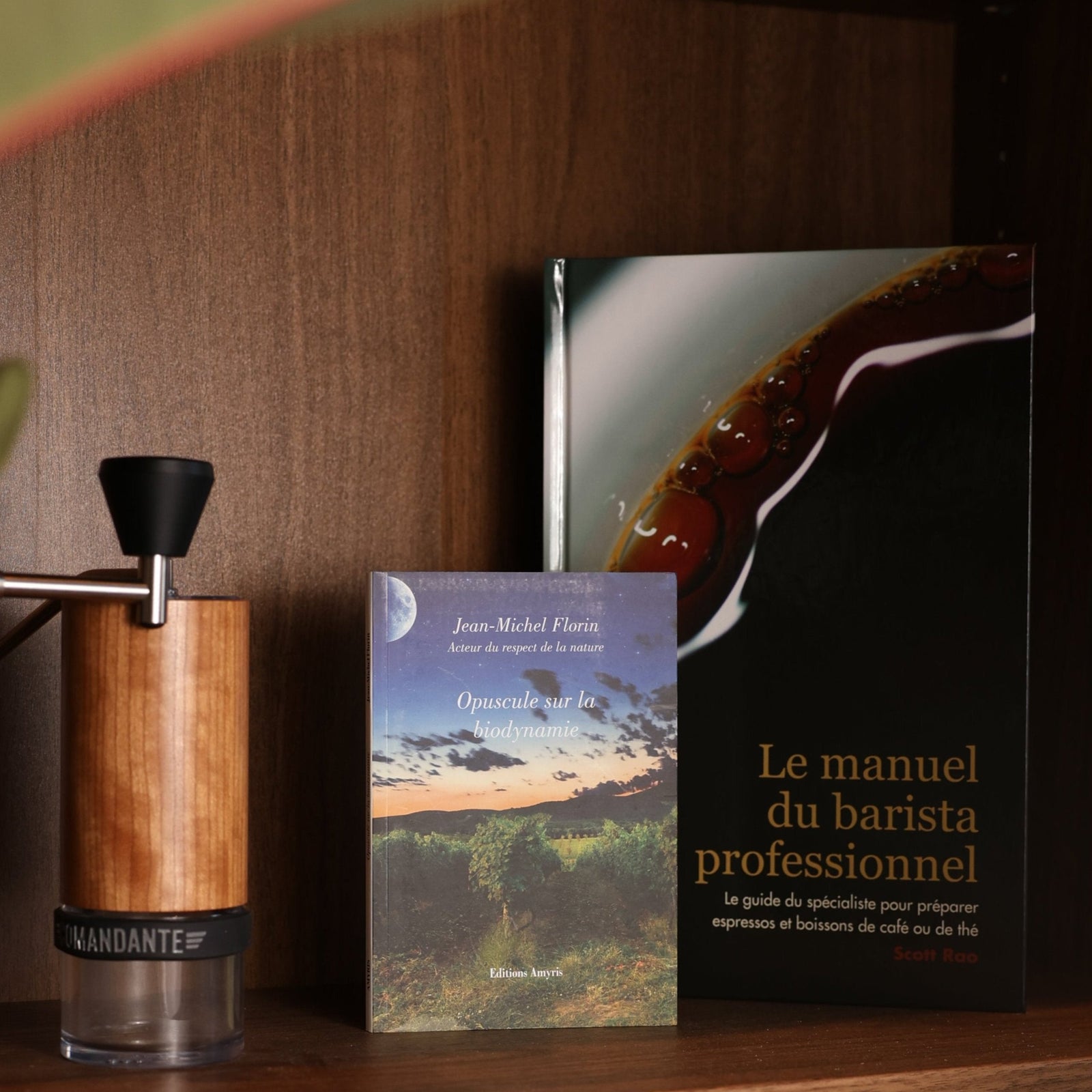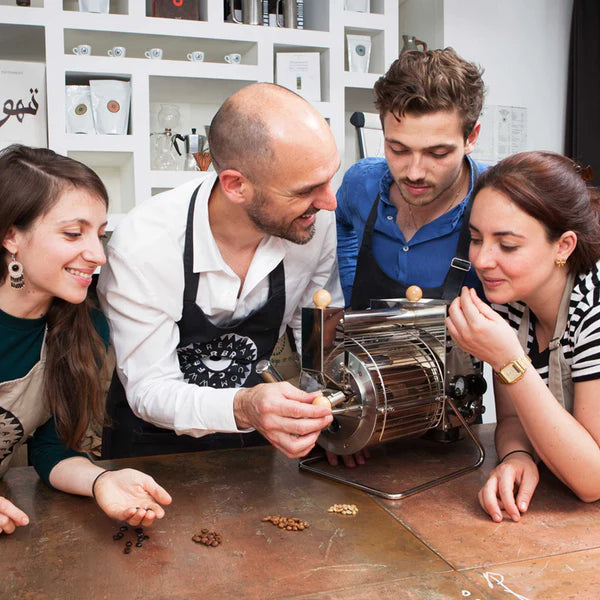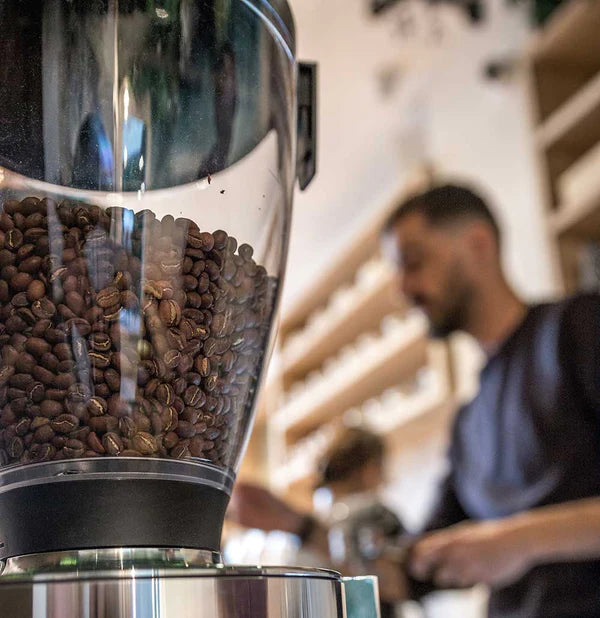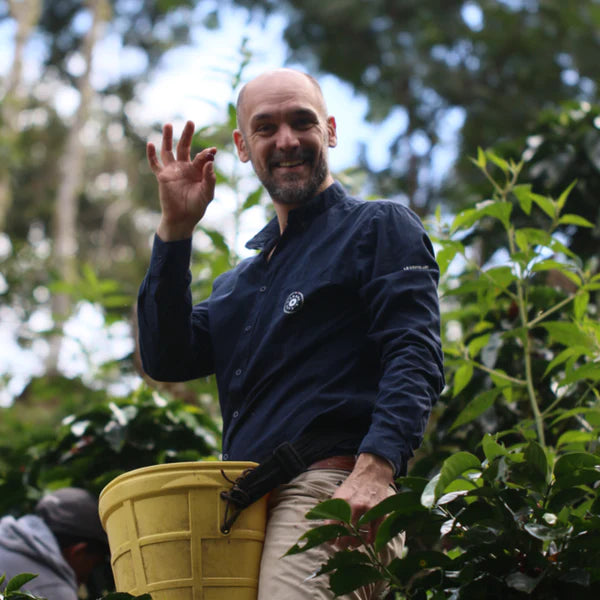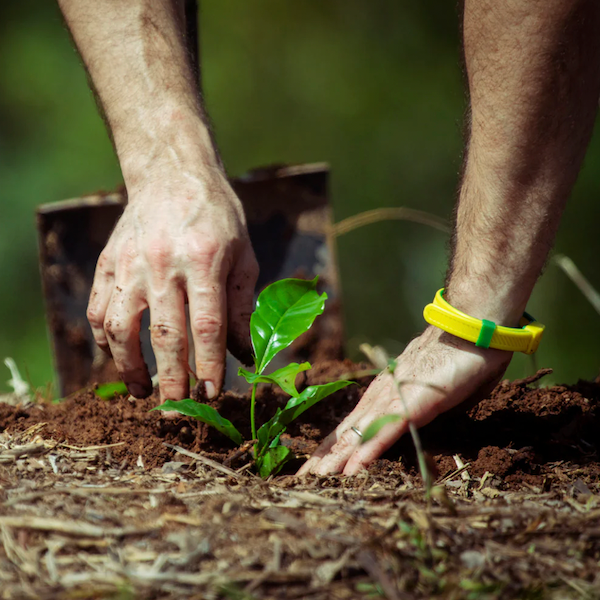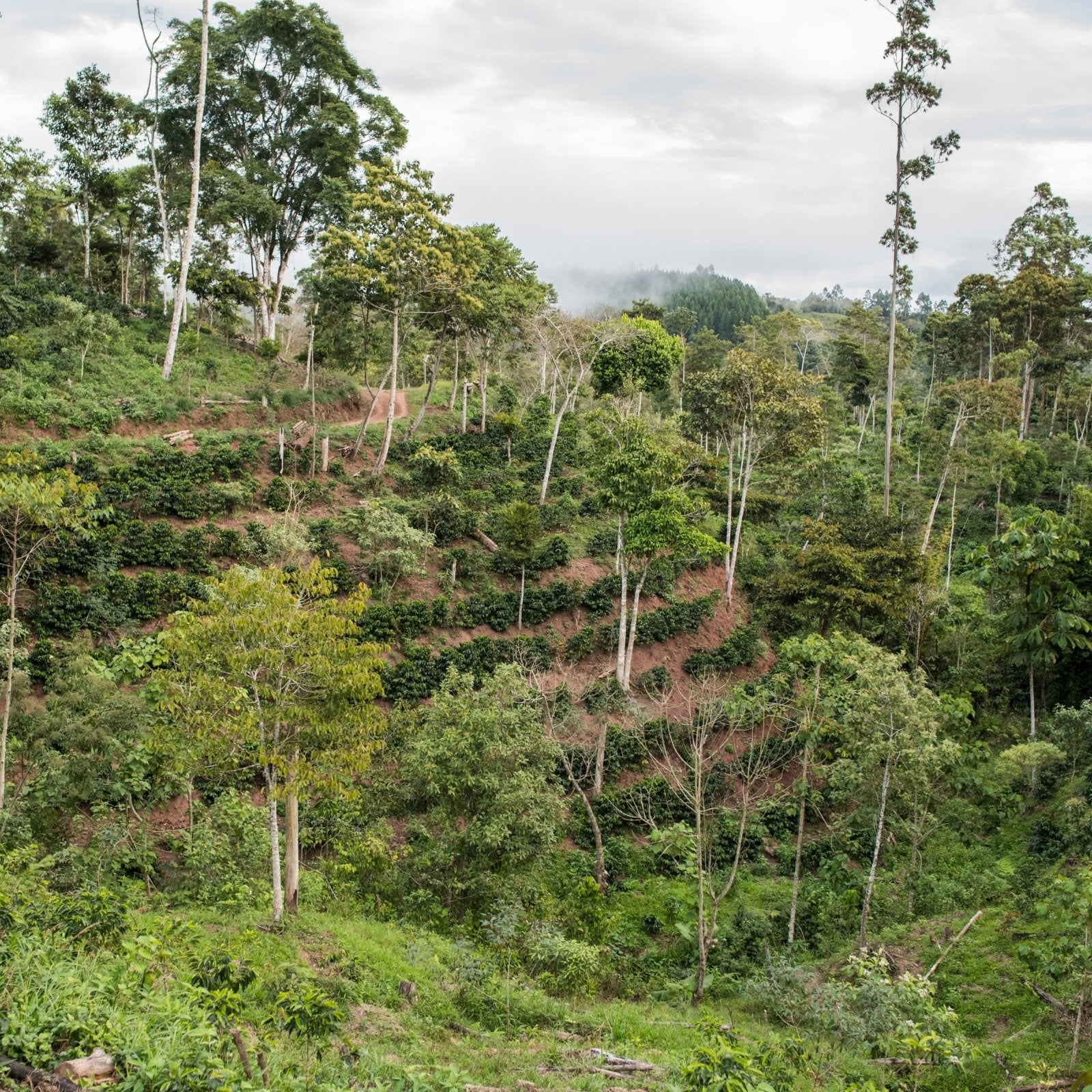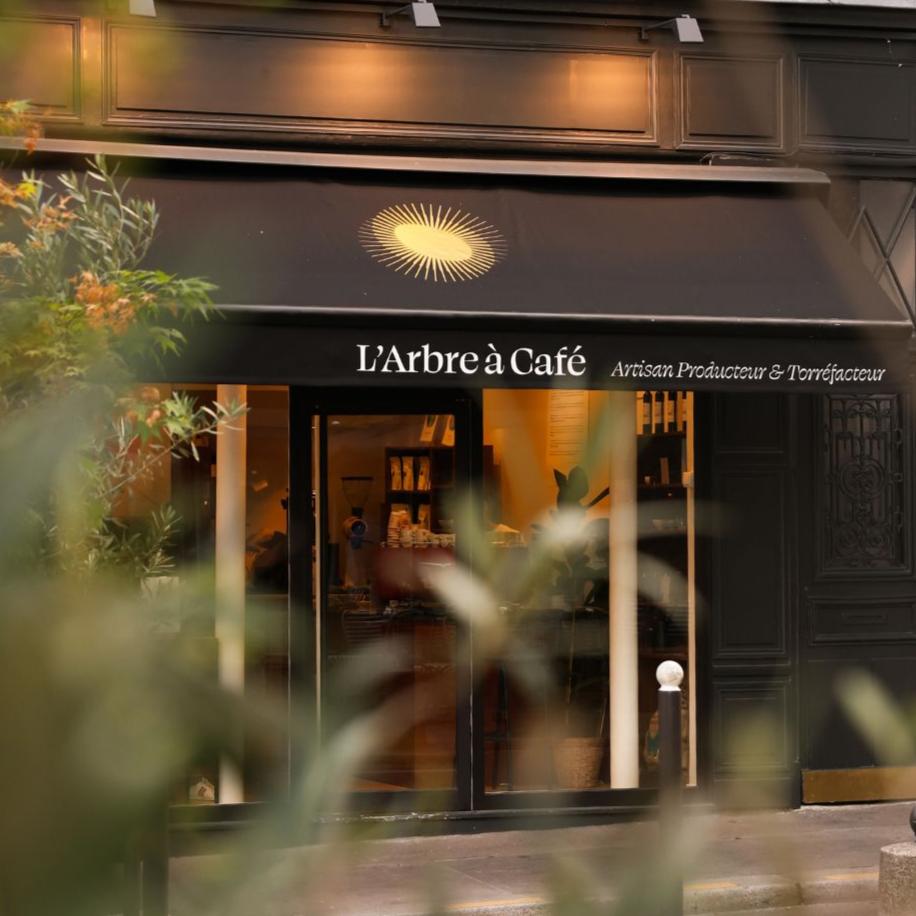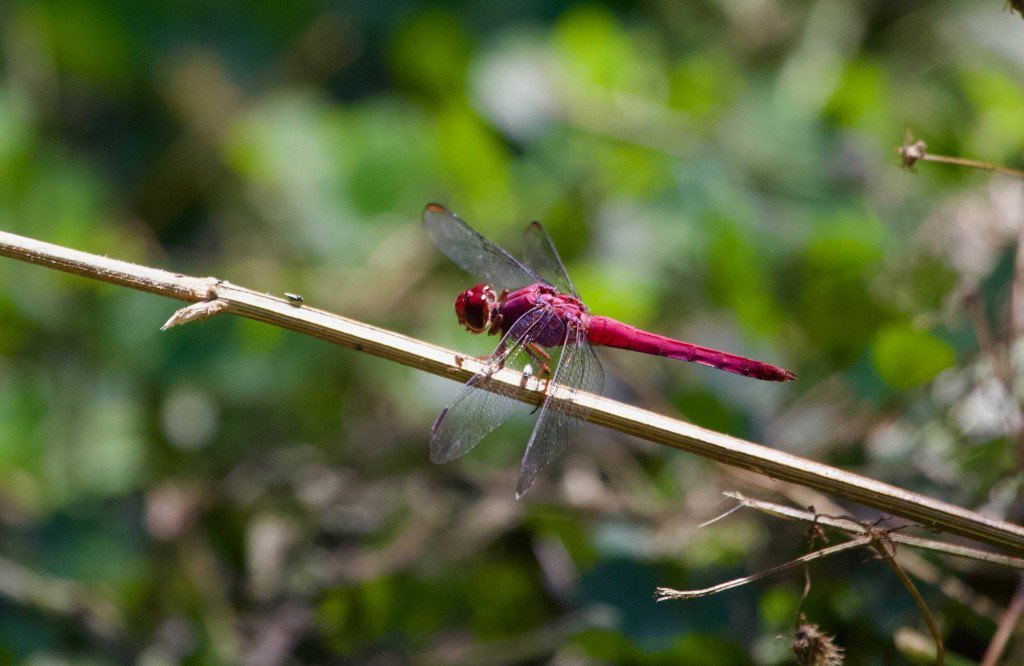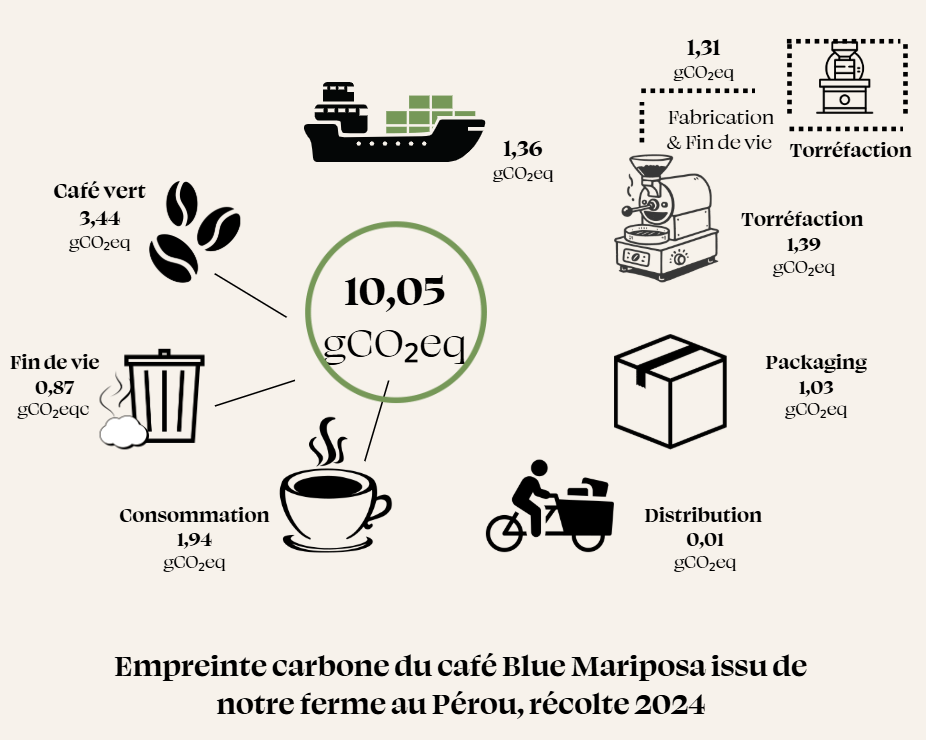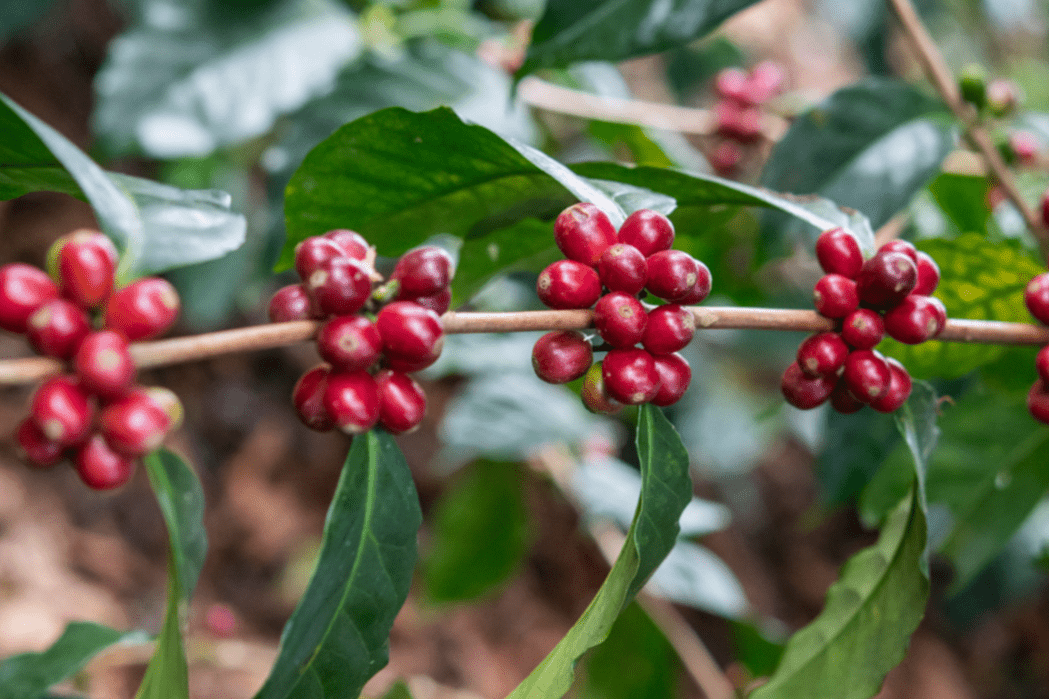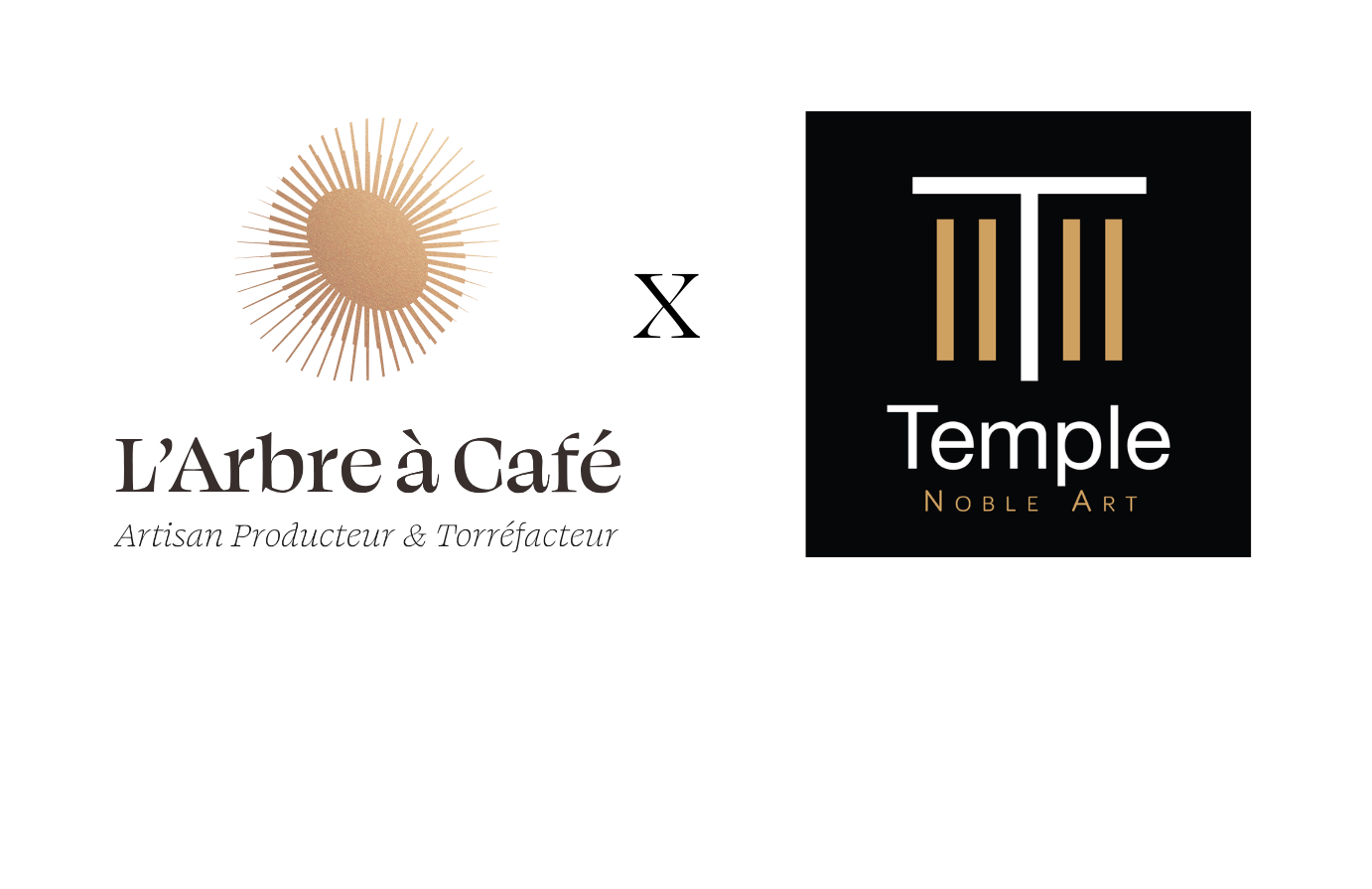What is a Bilan Carbone®?
It is simply to add up all the CO2 emissions of your organization, to analyze the distribution according to your sectors of activity. These are expressed in tons of CO2 equivalent.
Why a Bilan Carbone®?
This is the only way to know your impact in a certain and objective way and to highlight your most impacting activities and therefore those on which you must act. Provided that it is carried out according to recognized standards, of course.
What is the purpose of this?
The Bilan Carbone® is therefore a milestone that allows you to identify the most operational actions to be more sober and therefore more virtuous: the reductions.
How is the emission level of each share determined?
Companies specializing in carbon assessment must comply with national standards, such as those of theADEME and ICROA, and international standards such as ISO. Otherwise, the Bilan Carbone® is not recognized, and does not allow to enter the IPCC approach. To evaluate each action of the organizations they support, consulting firms have at their disposal equivalence databases, an increasingly important methodological and data bibliography, and the internal data of each organization and sector.
Are all carbon footprints the same?
Companies that decide to carry out their carbon footprint have the choice of having it done by a competent third party or internally, according to recognized standards or according to their own rules, on the sole perimeter of their action (scop 1 and 2) or on the entire value chain (scop 1, 2 and 3). You will have understood that at L'Arbre à Café, we have obviously decided to be accompanied by one of the reference firms of the sector, according to the highest standards, and on the widest perimeter (scop 1, 2 and 3). This is why our carbon assessment is a Bilan Carbone®.
What are discounts?
These are all actions taken to reduce its carbon footprint.
What are the reduction actions carried out by L'Arbre à Café?
Following our Bilan Carbone® assessmentwe decided to fight against the thermal corridor effect. We have therefore insulated our new workshop beyond the norms.
We also changed our fleet of vehicles to all-electric. We also changed our logistics provider to sign a partnership with a carbon neutral service....
Have all emissions been reduced?
It is never possible to reduce all emissions to zero. Any activity, human or not, always has a certain impact. Cows know it well... The key is to reduce it as much as possible, and to compensate the residual emissions, those that cannot be reduced.
What is compensation?
Offsetting means acting to ensure that your Carbon footprint to be at least neutral. To do this, we finance carbon sinks or actions that avoid carbon emissions, in short, virtuous actions. As at L'Arbre à Café, through our promotion of biodynamics, we are already working to avoid emissions (by converting land to biodynamics, you reduce the use of chemical inputs and therefore emissions). We compensate by financing the conservation of forests.
Why don't you choose to plant trees?
Because we are already planting them in our plantation in Peru, and we prefer to focus on the conservation of existing carbon sinks. These, such as the Amazon, but also the Indonesian and Congo forests, are particularly threatened. Conserving carbon sinks also allows us to protect ecosystems that are already in place and unique. It is therefore to participate in the protection of the existing.
Moreover, reforestation projects require time, the time for the trees to grow, and this time is sometimes uncertain because many plantations are badly affected by increasingly frequent and violent climatic events. Finally, we did not want to participate in the plantation of monospecific forests as it is sometimes the case in France, in the Massif Central with Douglas fir, or in Brazil with eucalyptus.
Are corporate carbon neutrality and offsetting mandatory?
No, only companies with the most environmentally harmful activities have a legal obligation to report on scopes 1 and 2, as well as those with more than 500 employees. All the others, i.e. the extreme majority, do so voluntarily. This is called voluntary compensation. L'Arbre à Café also does it voluntarily and naturally.
When will L'Arbre à Café become carbon neutral?
We often see companies announcing that they will reach carbon neutrality in 2025, 2030 or 2050. This is the time they need to implement their reduction and compensation actions. These are often companies that finance the planting of forests, which will only be mature and therefore operational for CO2 sequestration in thirty or fifty years at best.
At L'Arbre à Café we have chosen to reduce right now, and to be carbon neutral immediately.
How do I know that The Coffee Tree is funding projects?
The consulting firms in Carbon Footprint® consulting firms consulting firms that are recognized and work according to the standards and norms of the carbon market must provide certificates.
That's why we decided to work with EcoAct, the European leader and international player, which adheres to all the world organizations and respects all the standards of the carbon market like the Gold Standards for the Global Goal. So we have certificates, and we know the Madre de Dios project, which is in Peru, as our plantation. In short, we chose a neighboring project!
Our carbon footprint in one image
Because a picture is often worth a thousand words, here is our carbon footprint summarized in one image





